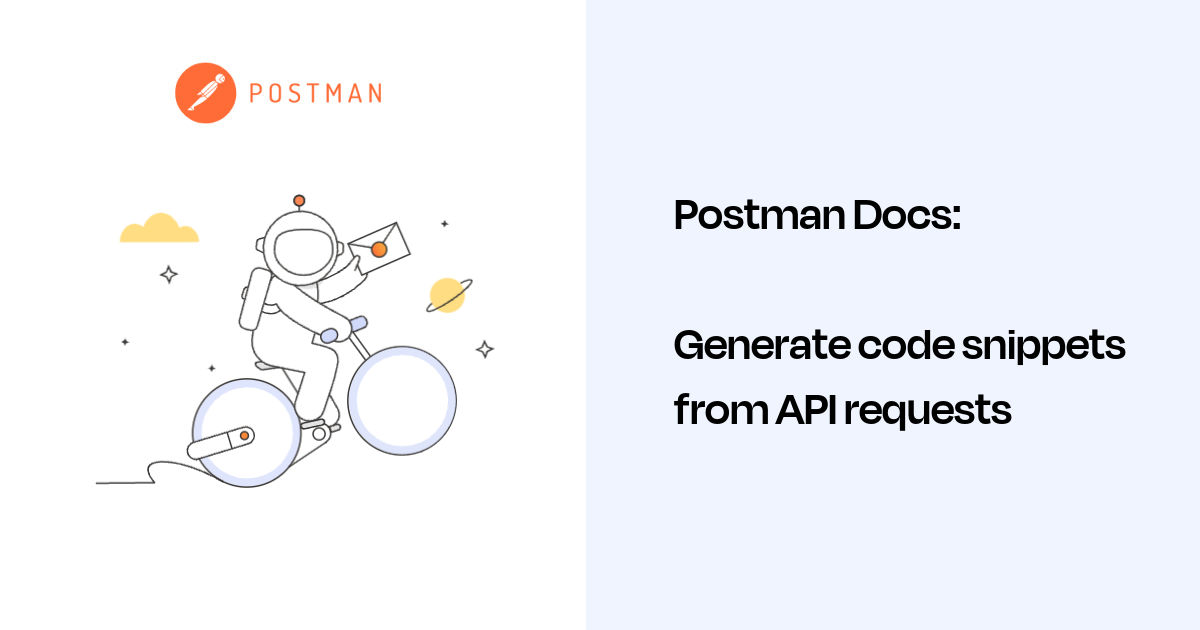DataKnight11
Member
Hello community,
How is it possible to make http request for login in C#?
When I try to make the http request with the POST protocol I cannot obtain the XSRF-TOKEN.
Can anyone help me?
var loginData = new { userName = username, systemCode = password };
var requestBody = new StringContent(JsonConvert.SerializeObject(loginData), Encoding.UTF8, "application/json");
HttpResponseMessage response = await _httpClient.PostAsync(url, requestBody);
Console.WriteLine($"Status Code: {response.StatusCode}");
LogResponseDetails(response);
How is it possible to make http request for login in C#?
When I try to make the http request with the POST protocol I cannot obtain the XSRF-TOKEN.
Can anyone help me?
var loginData = new { userName = username, systemCode = password };
var requestBody = new StringContent(JsonConvert.SerializeObject(loginData), Encoding.UTF8, "application/json");
HttpResponseMessage response = await _httpClient.PostAsync(url, requestBody);
Console.WriteLine($"Status Code: {response.StatusCode}");
LogResponseDetails(response);

